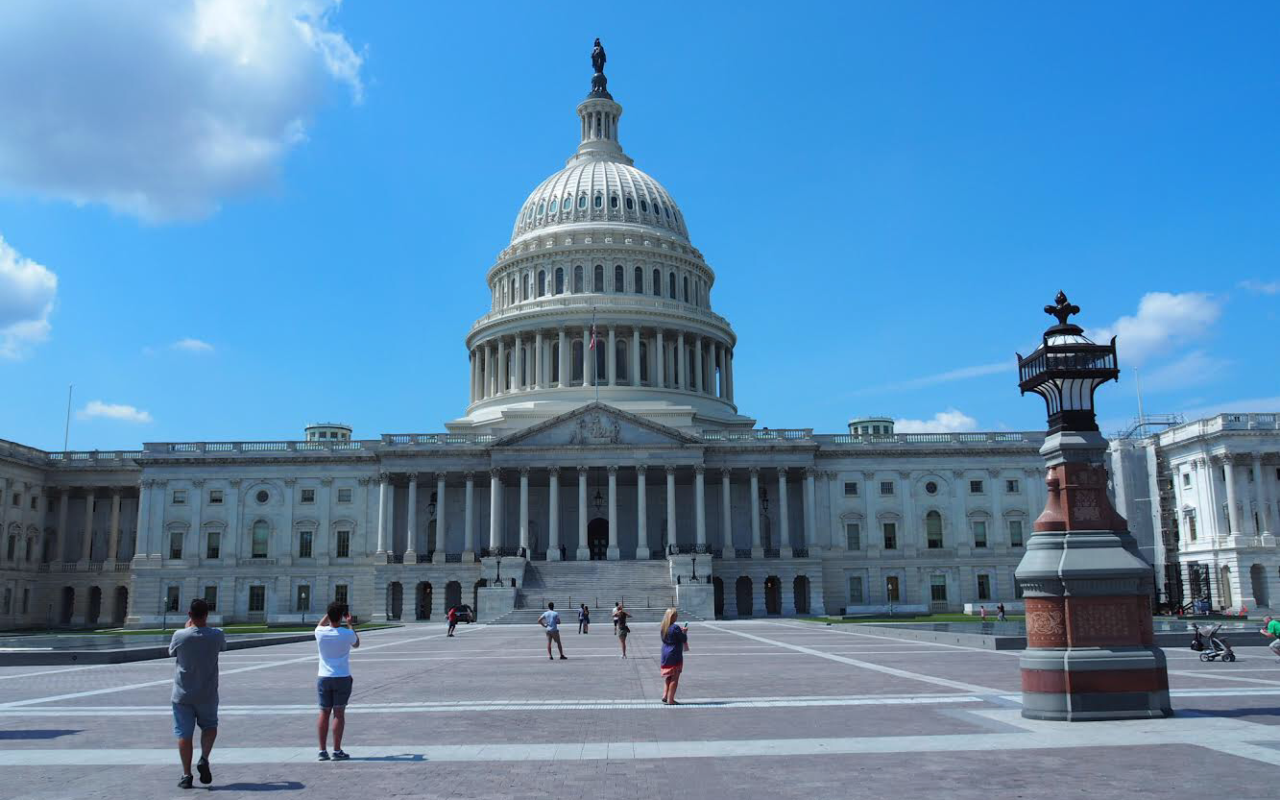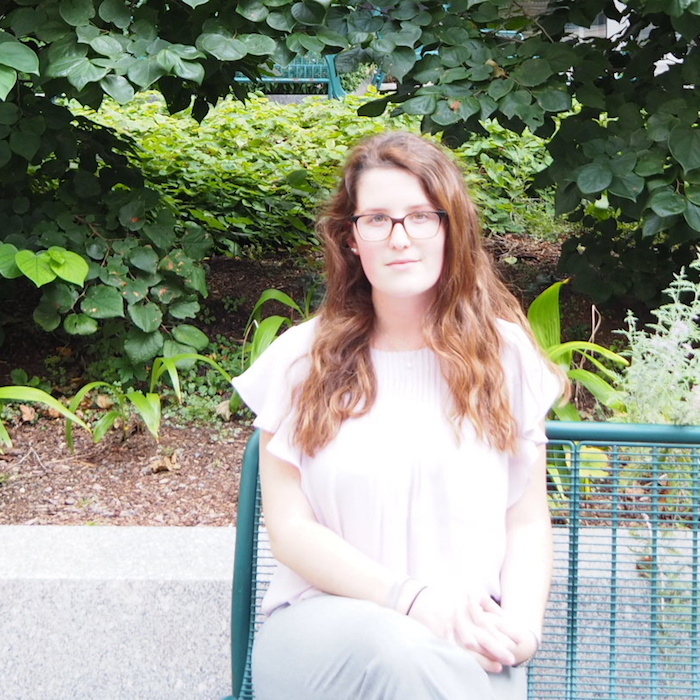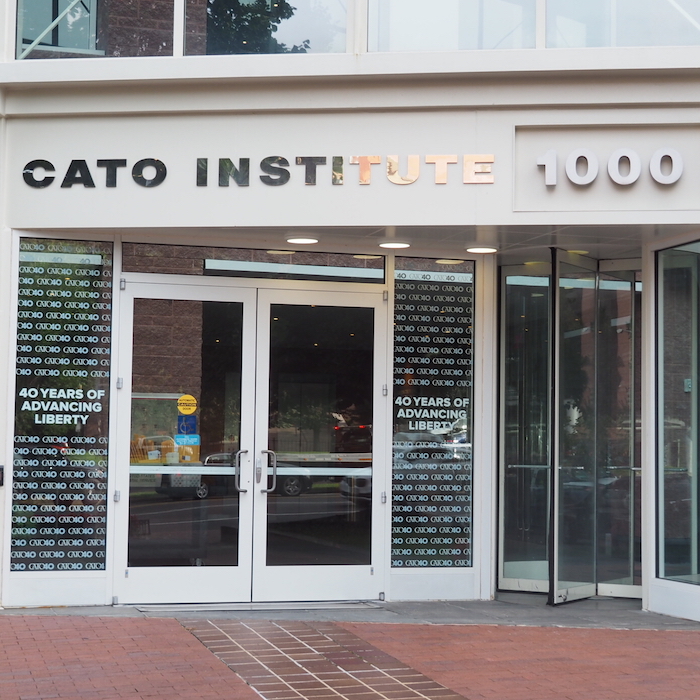I had an unbelievable chance to sit down with Michael, an active duty Army officer, and talk to him about what he thinks makes our democracy work. His answer? The citizens. This interview is a bit longer than most, but I think it’s worth the read. I know listening to Michael was probably the most enlightening thing I’ve done in a long time. (Please note that the views expressed here are Michael’s as a private citizen, and they in no way represent the views of the military.)
On what makes him a good citizen.
I’d like to think so. I try to stay engaged, try to understand our issues that our democracy is dealing with. I vote in every election that I can because that’s a gift we don’t appreciate. My work, as a military officer, shows a commitment to something bigger than putting food on the table. There’s a greater cause to it. It’s a show of a citizenship, as well a job.
On the civic values of the military:
The military is a tool for the country’s elected leadership to execute foreign policy that maintains our security and serves the national interest. We are a tool to serve the American people. That’s why we have elections. A key part of that is the military is not partisan. The military can’t be seen as the wing for a particular agenda. It’s a non-partisan agency that serves the will of the people.
Why citizenship isn’t a checklist:
My friends, more than not, are good citizens. I grew up with the military, but it’s just one way to show good citizenry and serve. We sometimes get cast as the most noble, but there are people every day who are helping. Look at Texas – people have gone to help Hurricane Harvey with no one making them do so.
I think that goes to what our idea of citizenship is. I don’t think there’s a checklist that we check things off of. It’s everything that comes up in day-to-day life. What we’re really talking about is what advances our values here and across the world. I think that the perception that Americans are a bunch of terrible citizens is incorrect.
On his keys to citizenship, but why they don’t tell the whole story:
Service. Political Engagement. I wouldn’t limit it to those things, though. I think service and political engagement can be a luxury. If you have the time and income to read the newspaper every day, it’s a lot easier to be engaged. For people who don’t have the time because they are working three jobs, does that make them bad citizens? No, not at all. It doesn’t mean they don’t care for the people in their lives or don’t know or care about democratic values. It just means they have things that are more pressing like paying their mortgage and feeding their kids.
But in the ideal, understanding what our shared values are – that we’re a country where people have a vibrant say in how the country is run and where people have the freedom to speak, write, assemble without government. You don’t have to be involved in politics to further those things. Engagement is whatever you can give or understand in your own life.
His keys to democratic values, and why values matter as much as laws:
The biggest thing is that the government is accountable to the citizenry. We take it for granted in the U.S. that our leaders are accountable to us, not us accountable to them. There are places where people have never been exposed to that idea.
The idea that the government can’t restrict basic freedoms; that they’re inherent. The idea that anyone could say something critical about the government. When I hear people criticize their elected officials, I’m weirdly happy because they’re exercising a right that’s in our Constitution. It’s been our culture that the right to criticize elected officials has to be protected above all things. If a government official can throw someone in jail for saying something about that official, that’s worse than any criticism, no matter how ill-informed or nasty it would be.
From my experience in Afghanistan, democratic values aren’t just created. You don’t write a constitution and automatically have democracy. Look at Egypt during the Arab Spring. They overthrew a dictator and implemented a democracy. It lasted two years because the person who was elected wanted to rip up the constitution. Before legal democracy is implemented, people have to understand and want democracy. I mean, look at us, it’s taken 200 years, and we’re still scuffling through stuff. And I think you look at our political system today, and we see that norms matter a lot. What we, as citizens, deem is acceptable and unacceptable from our elected officials is as important as any law.
Why someone’s political party doesn’t matter for their quality of citizenship:
Oh, yes. I have many members of my family who voted differently than I did. A frustration that I have is that political choice has shot up the list of things that define a person. If you voted for X, it must mean you are all these terrible things. But I’d say on average, it’s very different from that. Most people don’t think of their vote that crucially. Everyone views things differently; I probably voted for my candidate for very different reasons than many of the other people who voted for that person. Challenging someone’s citizenship because of how they voted is shortsighted and ignores everything else that person does.
The three things we all need to know to be the best citizens possible:
We need to do a better job of telling the story of our founding. It was a very nuanced and complex process. You realize when you dig into it that the Founding Fathers didn’t agree about a lot. There was significant ideological differences among these men. Through shear compromise, we have a document and a country. Some of the arguments in the 1780’s are the same we’re having today. We can’t label these documents or men in a monolithic way.
We need to understand the good, the bad, the ugly of our country. Sometimes we just lean on love of country, which I’m all for with young kids, but as they get older, we need to talk about the darker aspects of our history. We need to talk to about our struggles to live up to the Bill of Rights and the Constitution. But we also can’t forget to love our country still; all countries have these struggles. It’s like religion. You can make it better by knowing the criticisms. You’re a better citizen if you know all of it because you know that democracy requires all of us to work for it. It’s not just given to us.
We also need a basic knowledge of Constitution and laws. We assume we know it, but I think a lot of us don’t. If somebody who wants to be an American from another country has to know this stuff, so should you. It shows investment. Everyone knowing these things would enhance common knowledge and values, and it would make us connect more easily with immigrants.
Why ideas make us Americans:
We’re a country of ideas first. Everyone, with the exception of the Native Americans, came here from somewhere else. America is not about ethnicity, or tribe, or clan. Plenty of countries have democracy now, but we were founded on freedom from a monarch, and we have to remember that.
We are weirdly independent people, with a healthy rebellious spirit toward government and authority. It leads to innovation and creativity. Americans don’t wait for people to tell them what to do. If people are in need, they’re just going to go help them. They’re gonna create businesses.
On how we can all be better Americans:
Have people in our social lives who disagree with us and come at life from a different perspective. A lot of people have talked about bubbles, and I think it’s true. It’s in liberal cities and rural towns. If you make friends with different people, you’ll have a much more open view of who people are. If you’re surrounding yourself with people who have all the same beliefs as you, then of course you’ll think that’s how everyone is. It increases the notion that people different than you are the “other.” But if they’re your friends, they’re no longer the other.






